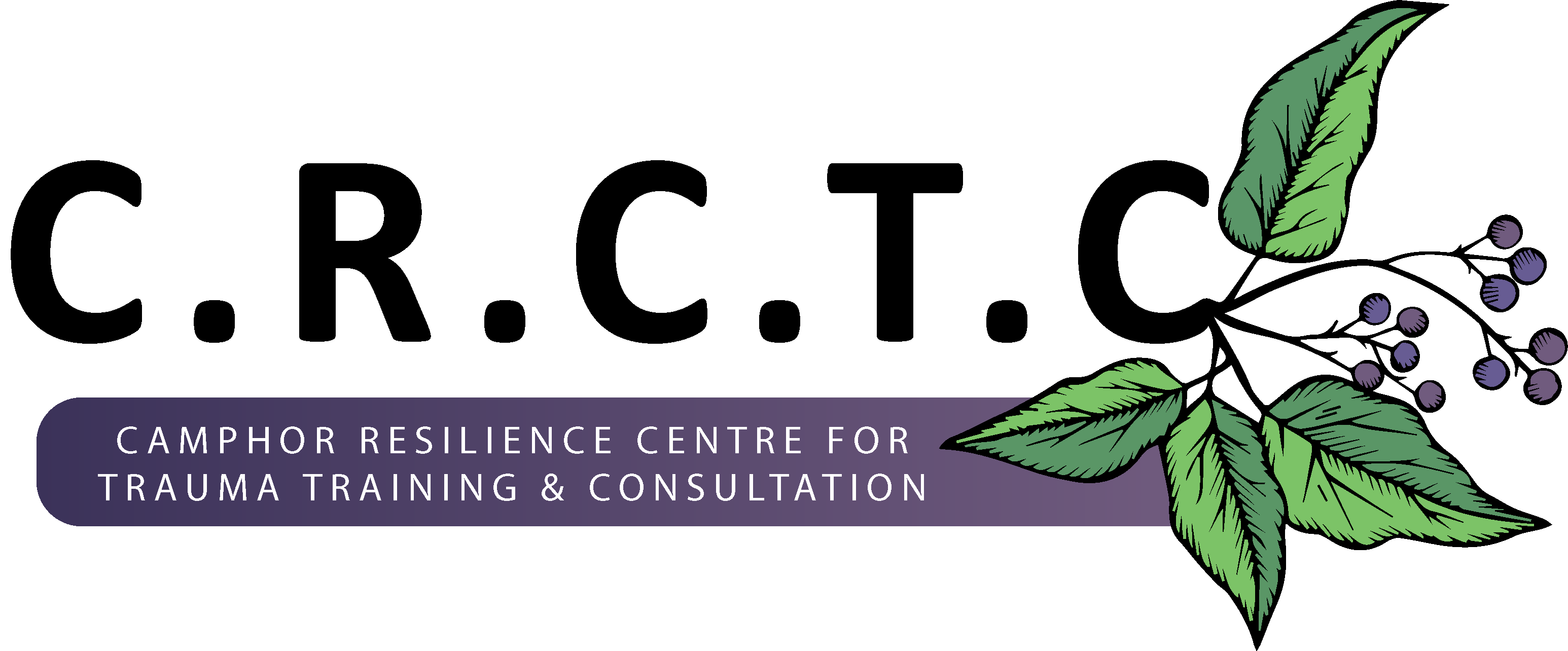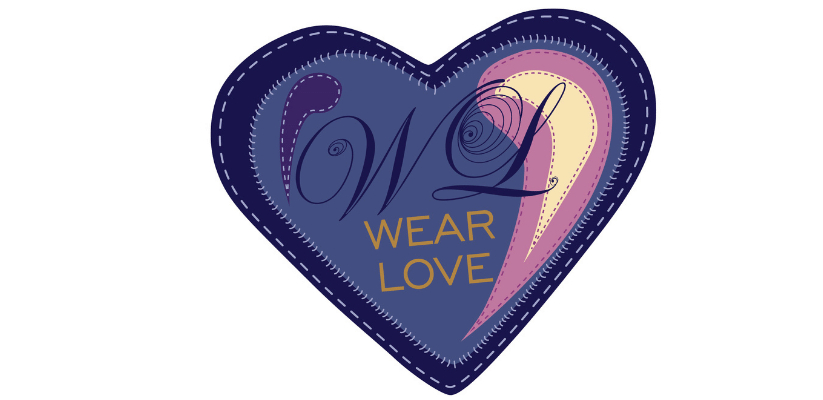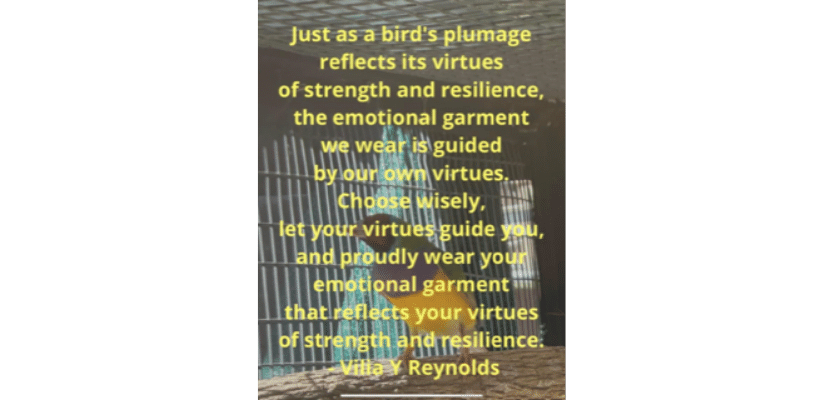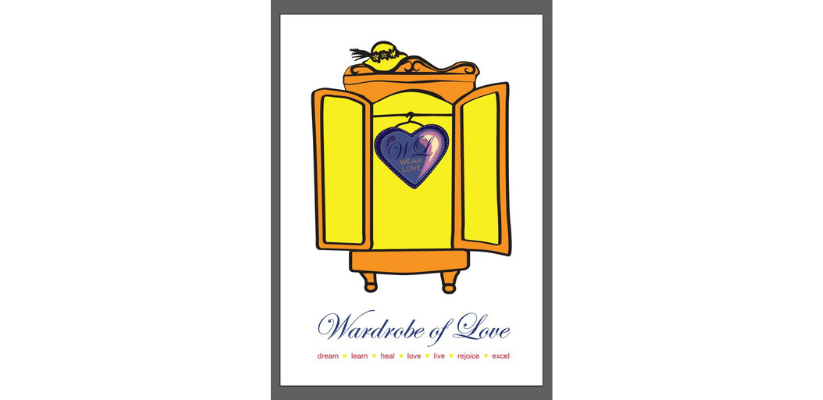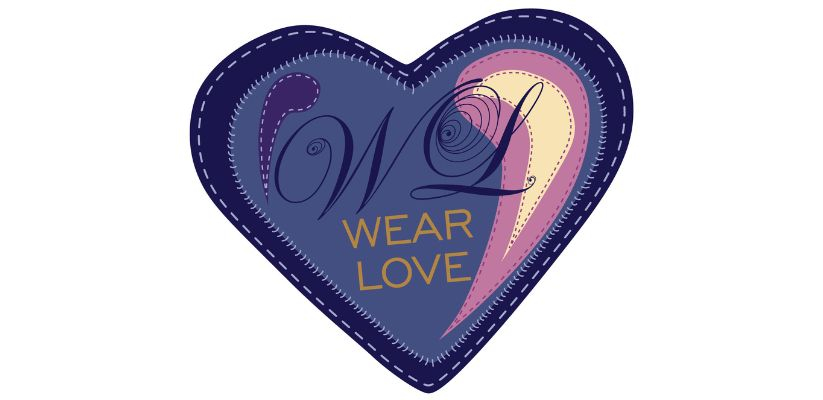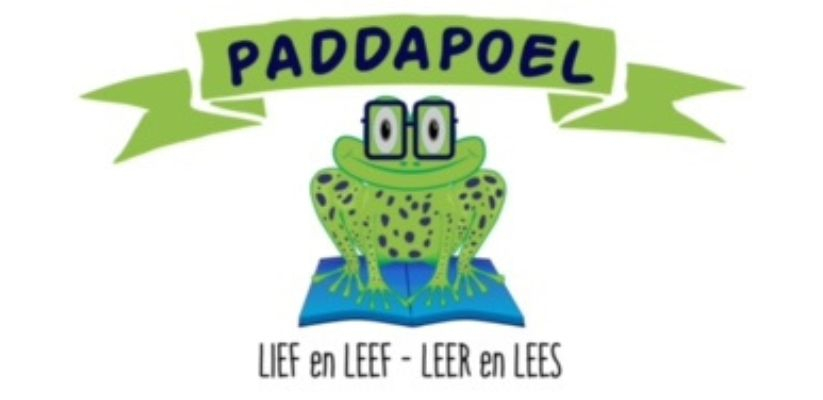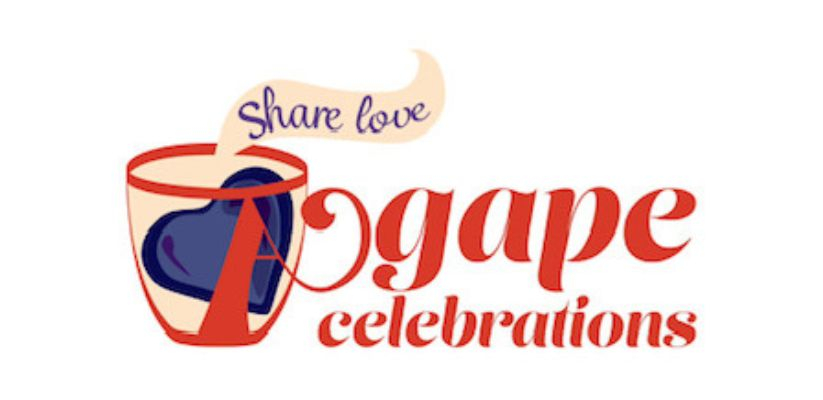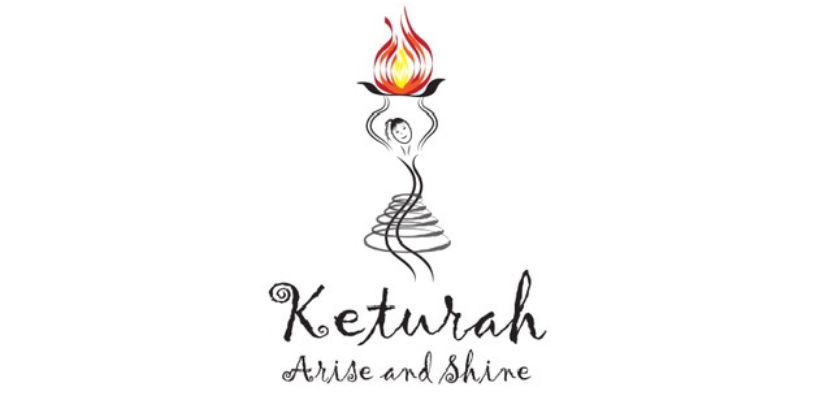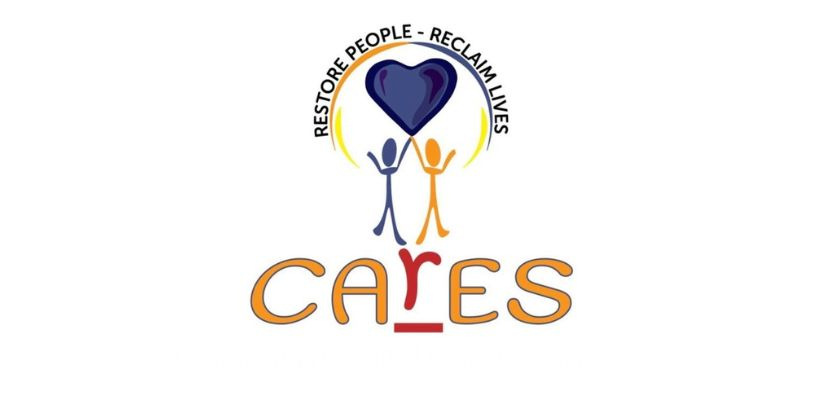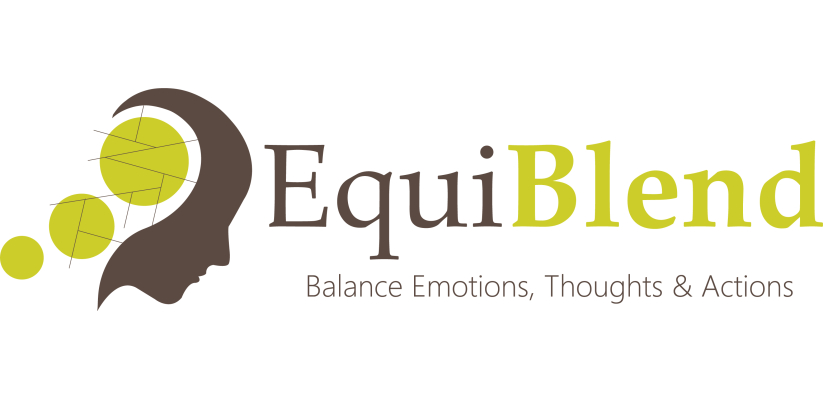Letting Go of Resentment: A Journey Towards Personal Growth and Authentic Connections "Resentment is a heavy anchor; release it to sail towards personal growth and authentic connections." — Vilia Y Reynolds.
Understanding Resentment: What It Is and Where It Comes From
Resentment can feel like a storm brewing within us—a robust emotional response often arises when we perceive that we've been wronged or mistreated. This feeling typically surfaces during stressful times and can act as a protective mechanism, helping us navigate challenging situations. However, if left unchecked, resentment can transform into a toxic force in our lives, negatively impacting our relationships and personal growth. In this blog, we'll delve into the nature of resentment, explore its origins, and discuss practical steps to understand and release it.
The Protective Instinct Behind Resentment
Imagine Jane, a hardworking employee who consistently exceeds expectations at her job. Jane feels resentment when a less diligent colleague receives recognition for their efforts. Instead of addressing her feelings head-on, she internalises them, leading to passive-aggressive behaviour and disengagement from her work. This diminishes her motivation and strains relationships with her colleagues, illustrating how unaddressed resentment can hinder personal fulfilment and growth.
The Dangers of Holding Onto Resentment
When resentment festers without resolution, it can morph into negative behaviours that stifle our potential. Take Tom, for example, who has always felt overshadowed by a sibling favoured by their parents. Instead of expressing his feelings, he continually compares himself to his brother, which erodes his self-esteem and creates tension in their relationship. This cycle of bitterness doesn't just damage their sibling bond; it transforms Tom's worldview, clouding his experiences with negativity and frustration.
Resentment's Ties to Past Trauma
Resentment is often deeply intertwined with past trauma, particularly for those who have experienced emotional abuse or neglect in childhood. For someone growing up in such an environment, the anger directed towards their abuser can eventually shift inward, fostering self-directed resentment. This unresolved emotion can poison future relationships, creating barriers to trust and connection that linger long after the initial pain has faded.
Childhood Coping Mechanisms That Backfire
For many, resentment begins as a coping strategy during challenging childhood experiences. Children might adopt this emotion to create distance from their hurt, believing it gives them some semblance of control. However, these deeply rooted feelings can obstruct authentic connections as they mature. An adult who felt neglected as a child might struggle with trust in relationships, inadvertently repeating the patterns of their past.
The Subtle Yet Powerful Presence of Resentment
One of the trickiest aspects of resentment is its ability to go unnoticed until it disrupts our lives. Consider Sarah, who is unaware that her lingering resentment toward an ex-partner is sabotaging her chances for new love. By projecting past grievances onto potential partners, she pushes them away with defensiveness and suspicion. This illustrates how unnoticed resentment can stifle emotional growth and healthy connections.
Moving Beyond Resentment: Steps Toward Healing
The consequences of unresolved resentment stretch far beyond personal suffering; they can significantly impair our relationships. Bottled-up emotions can lead to conflicts that are disproportionate to their triggers. Fear of voicing feelings may hinder communication, leaving individuals feeling isolated. This emotional distance can sever the connections we need to heal and rebuild trust.
Conclusion: Embracing the Path to Healing
Resentment is a complex emotion tied to stress, trauma, and maladaptive coping strategies. By cultivating awareness of how resentment manifests in our lives, we can begin to take practical steps toward emotional healing. Addressing and processing these feelings is crucial for the personal development and the enrichment of our relationships. Letting go of resentment isn't just a choice; it's a pathway to reclaiming our emotional well-being and fostering more profound, more fulfilling connections with others. Start today—release the anchor of resentment and set sail towards a brighter, more authentic future!
